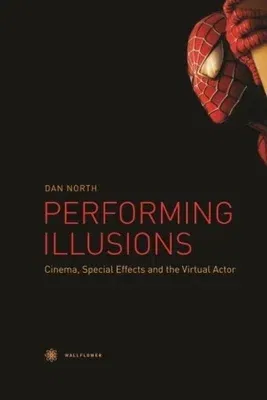Dan North
(Author)Performing Illusions: Cinema, Special Effects, Â and the Virtual ActorPaperback, 14 October 2008

Qty
1
Turbo
Ships in 2 - 3 days
In Stock
Free Delivery
Cash on Delivery
15 Days
Free Returns
Secure Checkout

Print Length
256 pages
Language
English
Publisher
Wallflower Press
Date Published
14 Oct 2008
ISBN-10
1905674538
ISBN-13
9781905674534
Description
Product Details
Author:
Book Format:
Paperback
Country of Origin:
IN
Date Published:
14 October 2008
Dimensions:
23.11 x
15.49 x
1.78 cm
ISBN-10:
1905674538
ISBN-13:
9781905674534
Language:
English
Location:
New York
Pages:
256
Publisher:
Weight:
453.59 gm